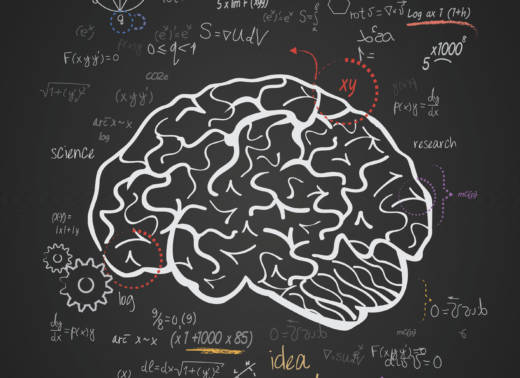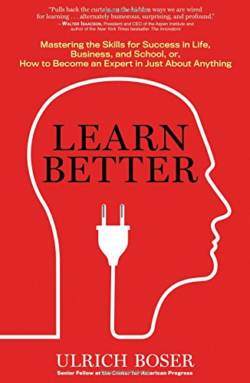If you’d met Ulrich Boser while he was still in school, you might not have tagged him as a guy who would one day write a book about learning. Early in his life, at least, learning was a struggle. “School was tough for me from the very start—I repeated kindergarten,” Boser tells me ruefully. All these years, he’s kept a piece of paper with him: the school psychologist’s report on his learning problems. He elaborates further in a new book:
“Different theories about the cause of my difficulties floated around, vague potential explanations. One account held that I was slow to learn because my immigrant parents spoke German at home. Others claimed that I had an auditory problem, that my brain wasn’t wired correctly when it came to listening. Still others believed I lacked intelligence, that almost magical ability to think through issues and solve problems.”
Over time, however, Boser learned how to learn, and he began to excel academically. He is now a senior fellow at the Center for American Progress, a think tank in Washington, D.C.—and the author of Learn Better: Mastering the Skills for Success in Life, Business, and School, or, How to Become an Expert in Just About Anything. Boser was motivated to write the book by his own experience, and by an explosion in research in the learning sciences that has taken place over the last 20 years.
“For a long time, people assumed that the ability to learn was the same thing as intelligence: If you’re smart, you can learn,” says Boser. “What we know now is that specific approaches and techniques can increase students’ success.”
Over the past couple of decades, the science of learning “has gone from an obscure topic to a well-established field,” he writes. “Still, most of the research findings have remained buried in dusty academic journals and obscure government reports. Far too little has reached the public. Far too little has changed how people learn.”



